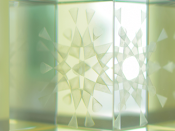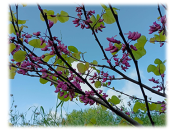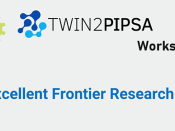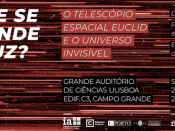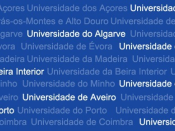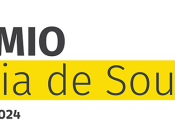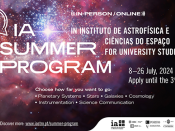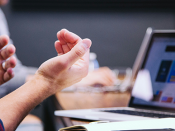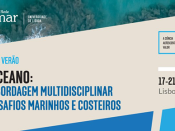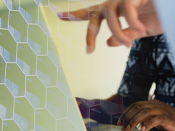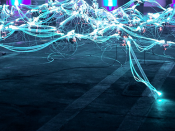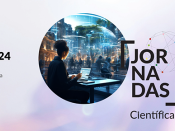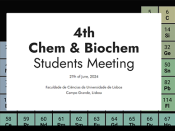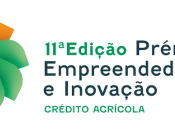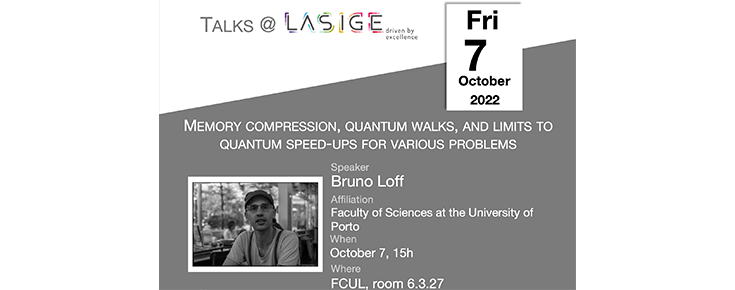
Por Bruno Loff (Faculdade de Ciências, Universidade do Porto).
The talk is on two recent works with Harry Buhrman, Subhasree Patro, and Florian Speelman (CWI). The first is as follows.
In the classical RAM, any algorithm that uses M memory cells so that, at any point in time, only m out of M cells will be non-zero, may be "compressed” into an algorithm using only m log M memory and running in almost the same time. We may do so by simulating the memory using, e.g., a hash table. In our work, we show an analogous result for quantum algorithms equipped with quantum random-access gates, i.e., for a Quantum Random- Access Machine (QRAM).
The second work pertains to quantum reductions. A reduction from a problem A to a problem B is an algorithm that uses a subroutine for solving problem B in order to solve problem A. If such a reduction from A to B exists, then assuming that A is hard we must conclude that B is hard.
In the second work I will mention in this talk, we singled out a particular problem, the 3SUM problem, and conjectured that it cannot be solved in sublinear quantum time. From this conjecture, we were able to show the hardness of many different problems (many different Bs). This proof, which was quite sophisticated when the paper originally came out, was drastically simplified by the use of the first, later work.
The talk will be broad-scope and intended for a general computer science audience.
Short Bio: Bruno Loff did MSc with José Felix Costa at IST, and was part of CMAF (now CMAFio) at the time. He then moved to Amsterdam to do his PhD with Harry Buhrman at the Centrum voor Wiskunde en Informatica (Center for Mathematics and Informatics, CWI), which he defended in 2014. He was a postdoctoral researcher at Charles University, in Prague, from 2015-2016, and at the Faculty of Sciences at the University of Porto, 2017-2020. Since March 2020, he has worked as an assistant professor at the Department of Computer Science.
Transmissão via Zoom.





